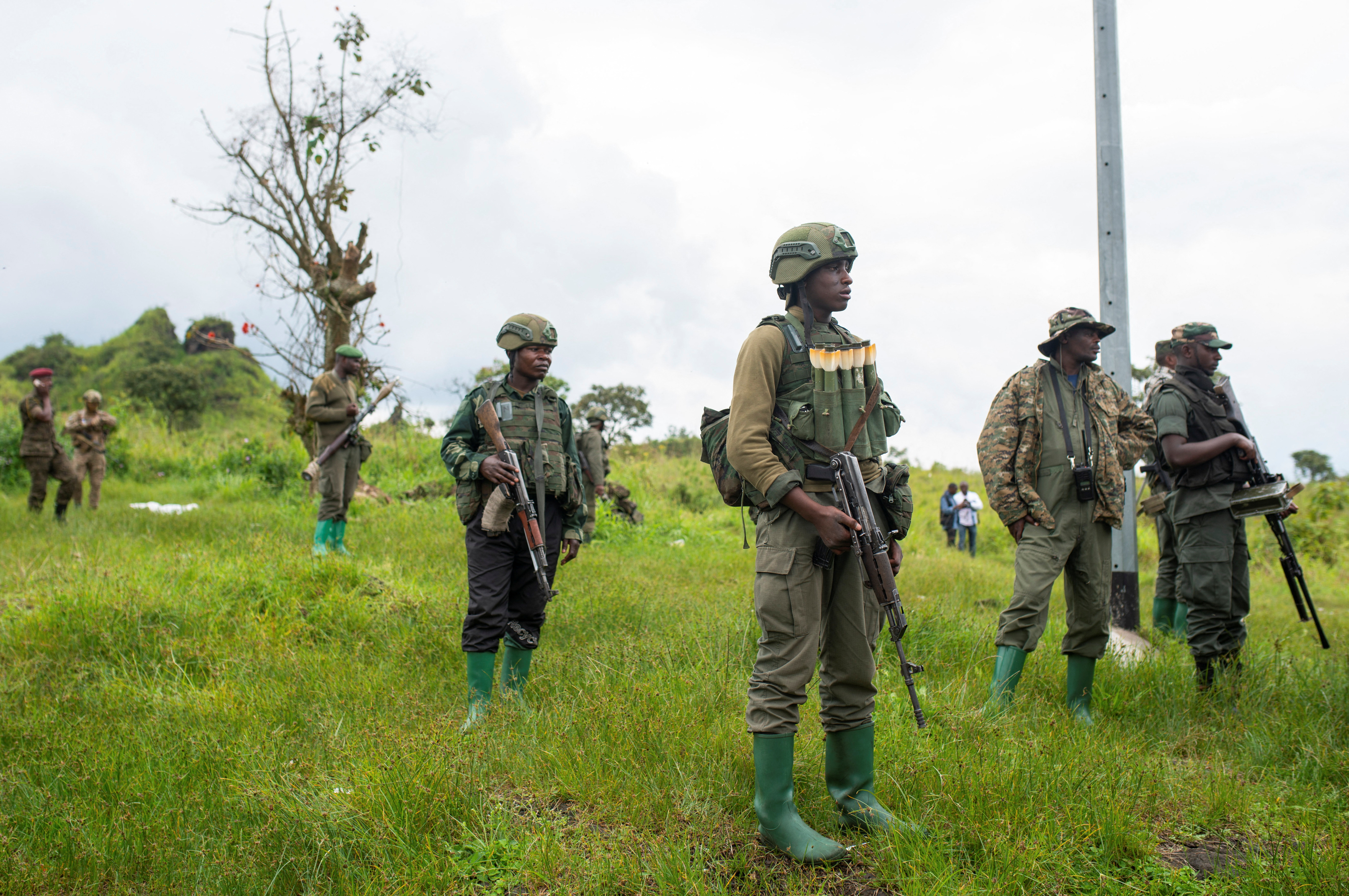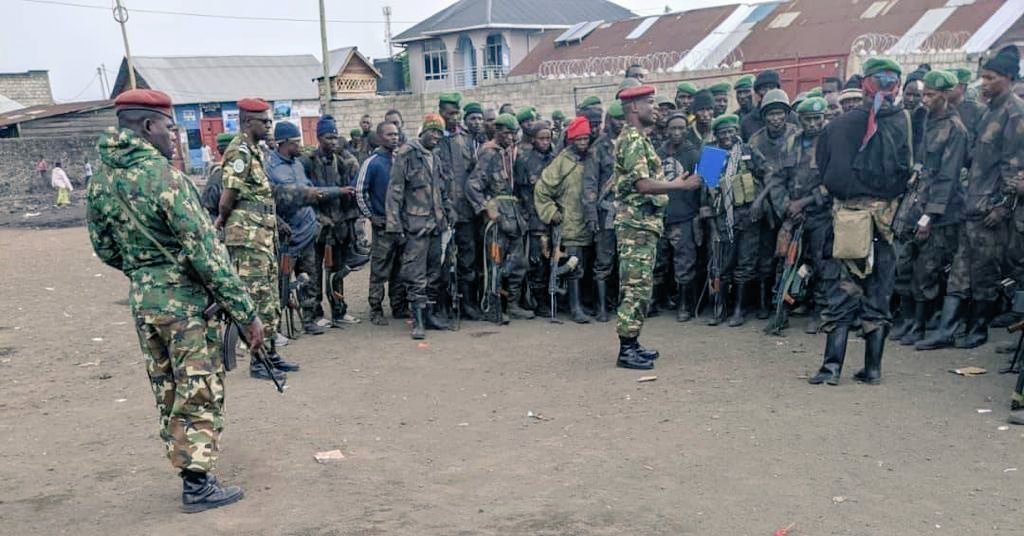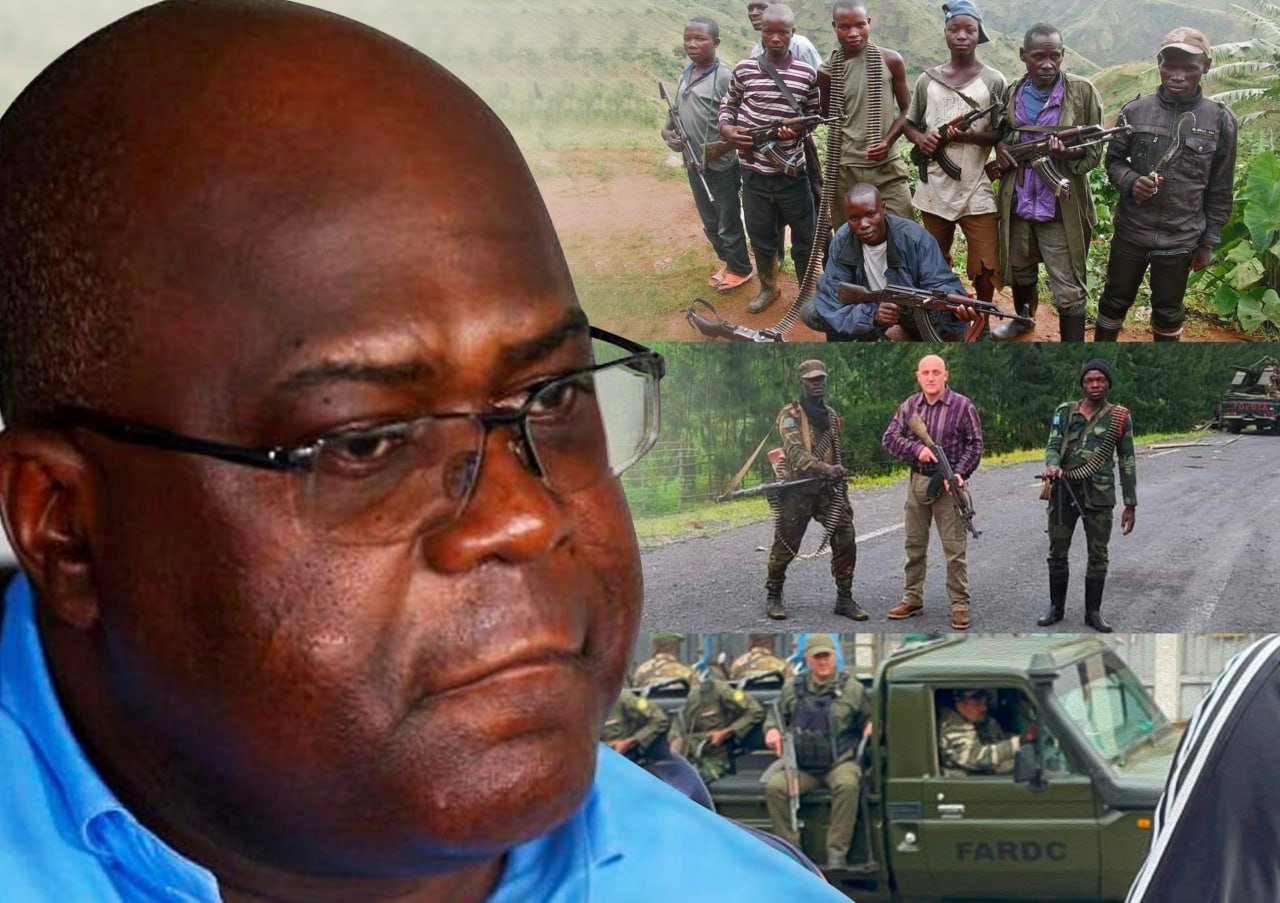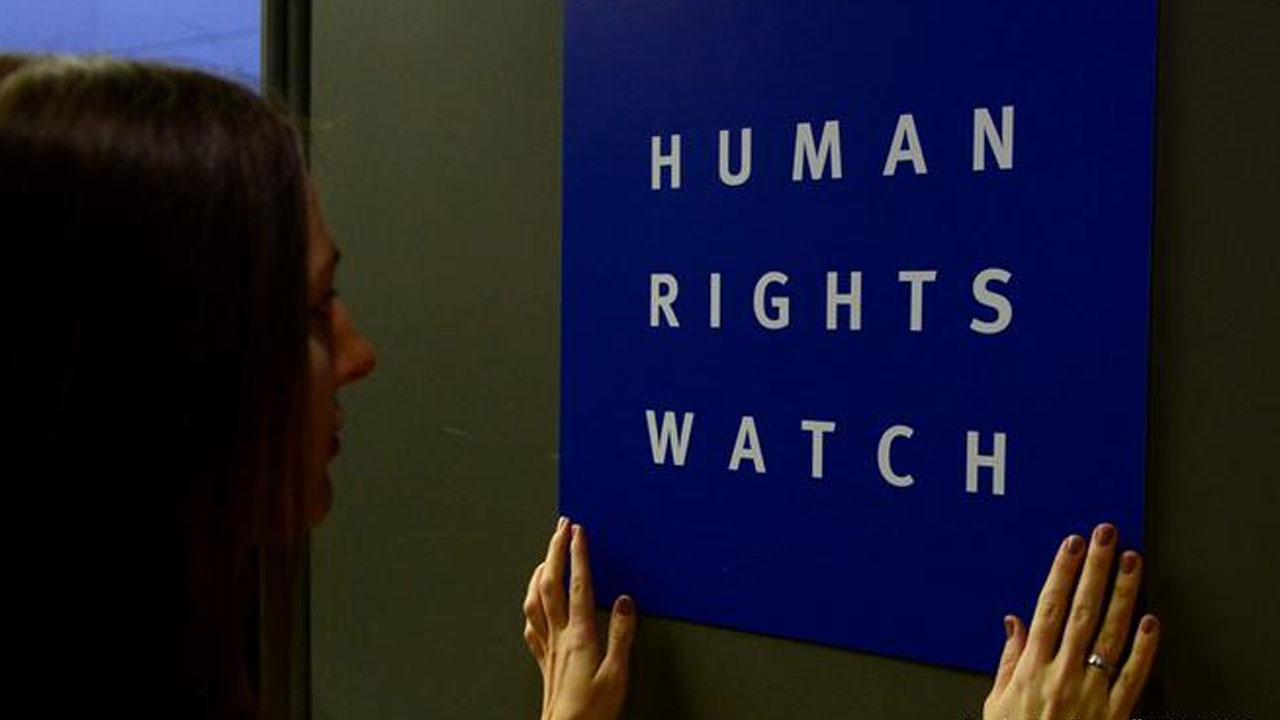Regional
M23 a nightmare for Tshisekedi, coltan mafia in eastern DRC

The
Congolese army coalition fighting M23 rebels is estimated to have over 35,000
soldiers, almost five times larger than the rebel group’s personnel estimated
at around 7,000.
The
M23 has become a nightmare to the President of the Democratic Republic of Congo,
Felix Tshisekedi, who is highly criticized by his opponents for failing to
restore security in the east of the country, where millions of Congolese are
displaced and thousands of others have died.
For
more than two years since the M23 retook arms in late 2021, the Congolese army
coalition of the Burundian national army, SADC troops, Eastern European
mercenaries, the UN mission in DRC (MONUSCO), Wazalendo militias, and the
Rwandan genocidal militia, FDLR, failed to defeat the rebel group.
Kinshasa
spends billions of dollars paying the forces supporting national army to fight
M23, but still loses battles.
The
SADC troops were estimated to be 5,000 personnel from Malawi, South Africa and
Tanzania, with an annual budget of $554 million. South Africa is deploying and
extra 2,900 troops.
The UN
mission in DRC which joined hands with Congolese army coalition against M23,
has more than 12,000 personnel, costing more than $1 billion, annually.
Sources
from Burundi and DRC note that Tshisekedi paid $2 million to President Evariste
Ndayishimiye to deploy over 6,000 Burundian troops in eastern DRC. In addition,
Kinshasa provides monthly payments of $5,000 for every Burundian soldier
fighting M23, and an unidentified amount to every Burundian soldier killed on
battlefield while fighting the rebels.
Each
of the over 1,000 Eastern European mercenaries supporting the Congolese army’s
operations in eastern DRC is given a monthly payment of $5,000.
Sources
from civil societies groups in Goma, the capital of North Kivu Province, say
that around 5,000 Wazalendo militiamen are provided with food stuffs,
logistics, weapons and unidentified amount of bonuses every month.
The
same provision is applied to more than 2,000 FDLR militiamen, but the leaders
of this genocidal group are paid much more, every month, to mobilize more armed
groups to participate in persecuting the Congolese Tutsi civilians for
allegedly supporting M23.
The
Congolese army has deployed more than 5,000 soldiers in North Kivu who operate
with all the forces supporting Tshisekedi’s agenda of ethnic cleansing in
eastern DRC.
The
M23 rebels estimated at around 7,000 in strength; with insufficient logistics
since they mainly rely on the arms and ammunitions captured on the battle.
Tshisekedi
might be thinking of M23 as a heavily armed rebellion with hundreds thousands
of armed men, sources say, but that is not the case. The only factor behind the
rebels' strength is that they have a genuine cause for fighting, and are
fighting for their lives.
The
rebels are fighting to stop injustice and restore the fundamental rights of the
Kinyarwanda speaking Congolese, especially the Tutsi who have been singled out
for extermination by their own government.
The
M23 is struggling to restore the rights of Kinyarwanda speaking Congolese in
DRC as their plight has been overshadowed by international political and
economic interests. The rebels have a legitimate cause of fighting for survival
against persecution, genocide ideology and state-sponsored violence.
The
forces supporting Tshisekedi’s army have no cause for fighting other than
extracting and exporting minerals from eastern DRC.
Right
after their deployment, the South African National Defence Force’s first mission
was to fight off the M23 rebels from their captured territory in Sake, some 25
kilometers north-west of Goma, and precisely attempting to take control of
Rubaya mine in Masisi, North Kivu.
The
SANDF’s mission in Rubaya was clear, from the very start. The South African
army is protecting their country’s interests, disregarding the plight of the
Congolese people who are suffering.
The
Rubaya mines are a series of coltan mining sites near the town of Rubaya in
Masisi Territory where tonnes of the strategic mineral have been, for years,
extracted and exported.
According
to a source from Pretoria, the South African Mining Development Association
(MIASA) wants access to the mining hub, prompting the South African troops to
viciously fight off the M23 rebels, with the resultant civilian casualties, for
the sake of securing the mines.
Burundian
troops, on the other hand, are involved in large-scale gold smuggling
activities in South Kivu Province.
Some
MONUSCO officials were reported to be involved in the formation of armed groups
in eastern DRC, using the armed groups in securing mining sites which their
companies extract. The Eastern European mercenaries operating in North Kivu,
are much known for drug trafficking and minerals smuggling.
Wazalendo
and FDLR are also spending much of their time looting cows and property belong
to Congolese Tutsi, and securing the mines of top Congolese military officials.
Tshisekedi
will end up losing the war, and probably his country, as his so-called allies
are only minding their own selfish interests. Their priority is not his
irrational war.
The
Congolese remain the only victims of the armed conflict in eastern DRC.












